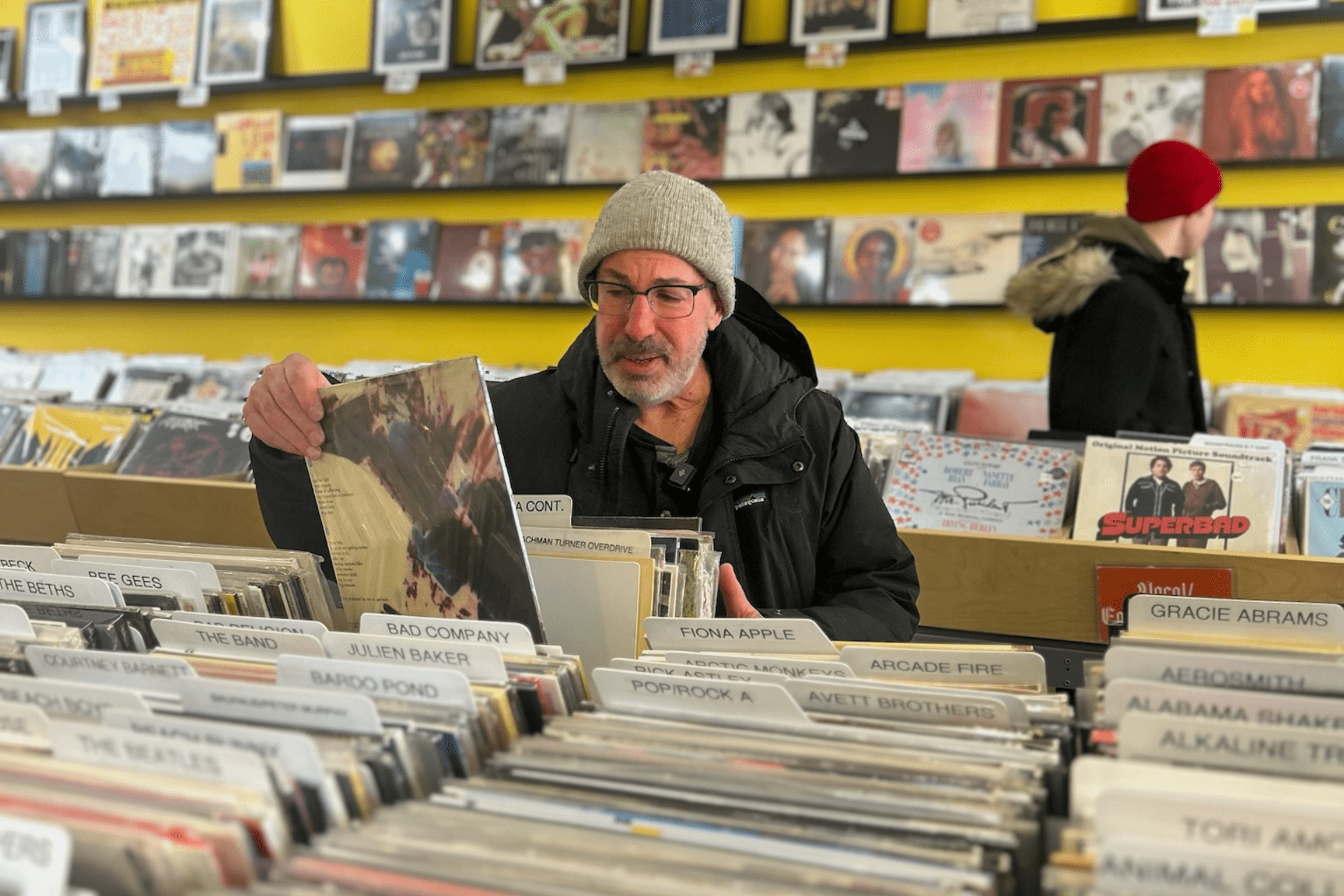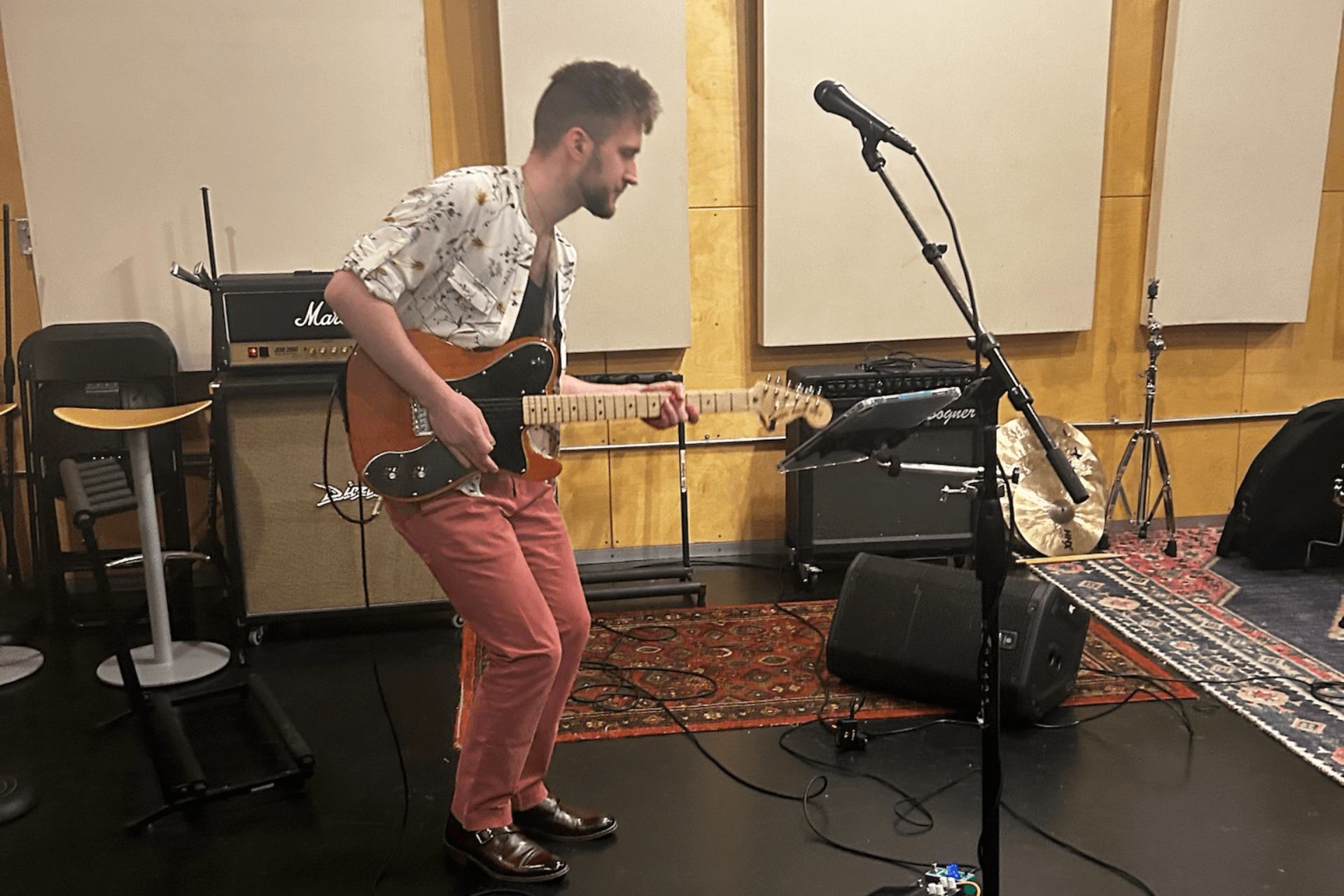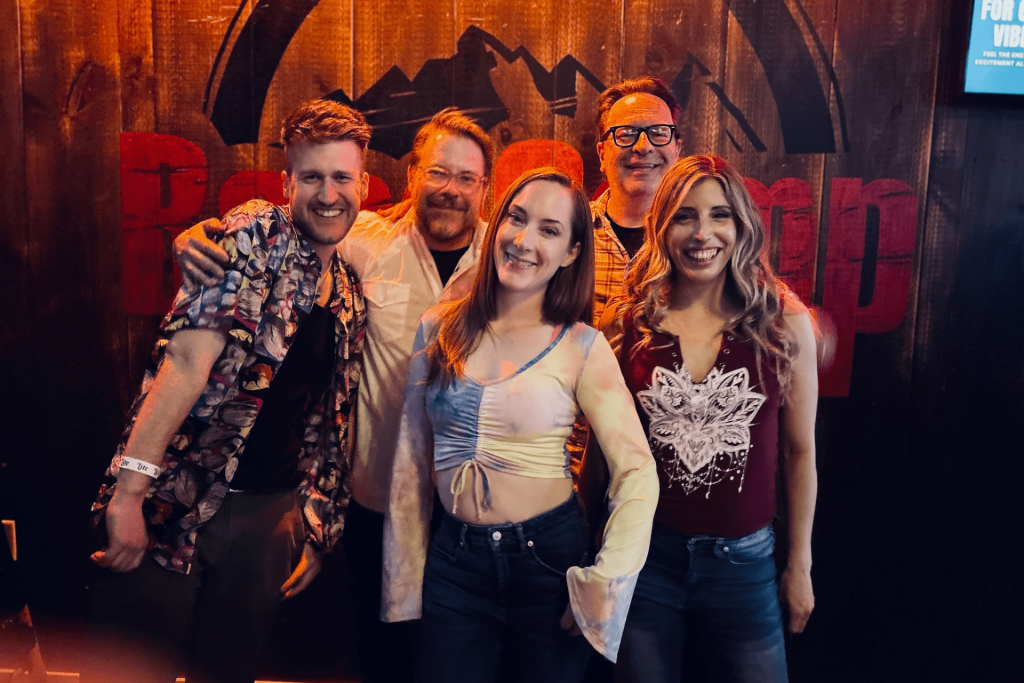You’re staring at your laptop at 1 a.m., Googling how to get signed to a record label—again. Your tracks are solid, your friends swear you’re next up, but nothing’s moving.
Labels aren’t knocking, and you’re sick of second-guessing every upload. Sound familiar? I’ve been there. And I’ll tell you this: getting signed isn’t just about talent. It’s about showing the right people that you’re ready, not waiting.
For the serious artist stuck in limbo, tired of guessing, and ready to make something happen, this guide is for you. No fluff, no mystery. Just what it actually takes to get signed.
What Is a Record Label?
A record label is a company that helps artists turn their music into something the world can hear. That means recording, distributing, promoting, and sometimes even managing the details no one tells you about when you first start gigging.
Some labels are massive distribution networks wrapped in contracts and red tape. Think polished stars, charts, and major record labels focused on the bottom line. Others, like us at HardStop Records, are independent record labels rooted in the music scene, not corporate headquarters.
At the heart of it, a record label is your partner. The good ones help you move through the competitive music industry with your identity intact.
What To Look For in a Record Label

Ownership and Rights
If the label owns your masters, they control your music. Where it plays, how it’s used, what it earns—all theirs. A fair deal lets you keep your rights or at least get them back after a set time. At the very least, you need clarity here. No guessing, no surprises.
Financial Terms
Who’s paying for what? And how do they expect to be paid back? Some labels front the costs and take a cut of everything until they recoup their investment. Others may expect you to fund parts of the project. Know what’s coming out of your pocket—and how long you’ll be paying for it.
Artist Support
This isn’t just about money. Will they help you book shows? Promote your album? Shoot videos? Build your brand? A real partner doesn’t just sign you and disappear. They show up. They push your music. They answer the phone. If support isn’t part of the deal, you’re better off staying independent.
Contract Term and Commitment
How long are you locked in? One album? Five? You don’t want to be stuck in a deal that no longer fits you. And you don’t want to hand over five years of your life without knowing where it’s going. Shorter terms with room to renegotiate give you more power as you grow.
Transparency and Accountability
Can you understand the deal? Or are they burying the real stuff in legal noise? The best labels keep it honest—no hidden clauses, no vague language. If you ask a question, you get a straight answer. And if something feels shady, it probably is.
Legal Advice
Get a lawyer. Period. Music contracts are built to protect the label, not the artist. Having someone who knows what to look for could save you years of regret. Think of it as an investment in your future, not just a one-time fee.
How To Get Signed by a Record Label in 5 Easy Steps
Getting signed doesn’t mean selling out. But it does mean showing that you’re serious—and that you’ve already done the work to stand out. Labels don’t want to build the foundation for you. They want to see that you’ve already started laying it down. Here’s what matters.
Step #1: Build your online presence.
If a label Googles your name and finds nothing, that’s a problem. Your Instagram, YouTube, Bandcamp, and TikTok are part of your pitch—even if you didn’t plan it that way.
Post your shows, share behind-the-scenes content, and let people hear your sound regularly. It’s not about looking polished. It’s about being active and real.
Step #2: Release high-quality music.

Demos can catch attention, but strong production is what keeps it. The bar’s higher than it used to be. Come ready.
Step #3: Develop your industry network.
Who you know still matters. That’s just how this works. Play shows with other local bands—DM artists you respect. Talk to sound engineers, venue bookers, and playlist curators.
That network becomes your street team, your co-signs, and sometimes your intro to the right label. You don’t need to fake connections. You just need to build real ones.
Step #4: Submit your music.
If you’ve got the catalog and the confidence, it’s time. Don’t just fire off a link with no context. Send a clear, personal message that shows who you are, why you’re reaching out, and where you’re headed.
Include your best tracks, a quick artist bio, and any recent buzz you’ve built. And follow the label’s submission instructions—yes, we notice.
Step #5: Work with a music lawyer or manager (eventually).
When a deal is actually on the table, don’t try to negotiate it alone. A manager helps with strategy and industry connections.
A lawyer will read the fine print you don’t even know exists. Neither one guarantees success, but both help you protect your sound and your rights. This step isn’t optional if you’re serious about music as a career.
How To Get the Attention of Record Labels Looking for Artists
Most labels aren’t scouting open mics anymore. They’re online, watching numbers and looking for artists who’ve already figured out how to connect with people. If you want them to notice you, here’s what matters most.
Go Viral (But Don’t Chase It)
A viral moment can change everything, but trying to manufacture one usually backfires. Instead of chasing trends, focus on what makes you different.
Share clips that feel like you, not a watered-down version of someone else. If something hits, great; if not, you’re still building something real. Virality isn’t the goal. Visibility is.
Succeed In Streaming
Spotify, Apple Music, and even SoundCloud still matter. If your music is up and people are listening, that tells a label you’re not just uploading into the void.
Playlists help, but consistency matters more. If you’re getting 500 monthly listeners, but they stick around? That’s gold. Don’t fake numbers. Labels can spot that a mile away.
Build a Large Fanbase
You don’t need 100,000 followers. But you do need real fans who care about the music you make. When people attend your shows, comment on your posts, and share your tracks, that speaks louder than any pitch.
Labels want to amplify a movement, not create one from scratch. Start small, build something that can grow.
Put On a Great Live Show

Create an EPK
An electronic press kit (EPK) is your resume, but less boring. It should include a short artist bio, press photos, your best tracks, video links, notable shows or features, and contact info.
Make it easy to skim and easier to listen. When you’re ready to send your stuff, this will keep people from bouncing after 10 seconds.
How to Get Signed to a Record Label: Frequently Asked Questions
How to get signed to a record label?
To get signed to a record label, independent artists need to treat their music career like a serious business. Build your fanbase, release quality tracks, and show labels—whether they’re independent record labels or major record labels—that you’re ready to level up. You have to prove that you’re not just talented, but that you’re working.
How do I get my music heard by record labels?
Start by releasing music on streaming services and sharing it across your social media platforms. Upload music videos, play live, and network with people in the music business. Record companies are watching. When they see an independent artist building momentum on their own, that’s when ears perk up.
How to get an audition with a record label?
Most labels don’t hold formal auditions. Instead, they scout talent through music videos, social media platforms, and live shows. If you’re serious about your music career, focus on building visibility. Independent record labels, especially, want artists who have already proven they can connect with people without being told how to do it.
How do rappers get signed to labels?
Rappers get signed by creating a buzz through consistent drops, strong visuals, and authentic engagement online. Independent artists in hip-hop often rise through platforms like SoundCloud and TikTok. A wide range of factors help: originality, storytelling, beats, and sometimes the right music producer backing them up. Labels notice hustle, it stands out.
How hard is it to get signed to a record label?
It’s tough—but doable. The music business is crowded, and major record labels are picky. But independent record labels are often looking for raw, honest voices. If you’ve got solid music, a growing fanbase, and the mindset to treat this like more than a hobby, your shot might be closer than you think.
Submit Your Album Demo to Hardstop Records!
If you’ve been grinding, writing, recording, and pushing your sound out into the world, this might be the moment that changes everything. We’re not looking for perfection. We’re looking for artists who mean it. If you’ve got something real, we want to hear it. Send us your demo through our contact page. Let’s find out if this is the label you’ve been waiting for.


